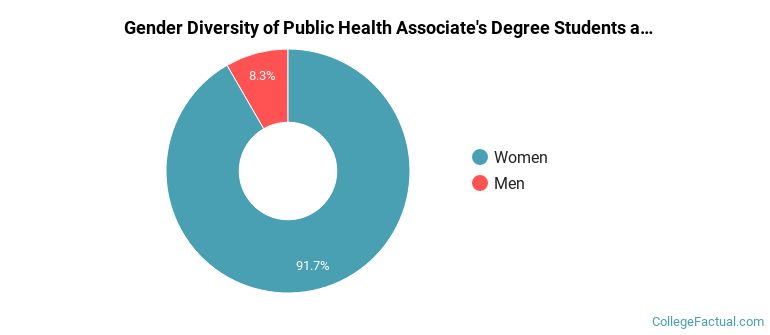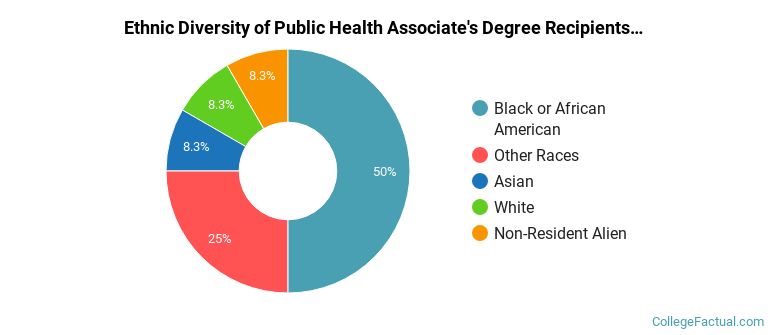 by our College Data Analytics Team
by our College Data Analytics TeamHere, you'll find out more about the major, including such details as the number of graduates, what degree levels are offered, ethnicity of students, and more. Also, learn how Quincy College ranks among other schools offering degrees in public health.
Go directly to any of the following sections:
The public health major at Quincy College is not ranked on College Factual’s Best Colleges and Universities for Public Health. This could be for a number of reasons, such as not having enough data on the major or school to make an accurate assessment of its quality.
Part-time undergraduates at Quincy College paid an average of $265 per credit hour in 2022-2023. This tuition was the same for both in-state and out-of-state students. The following table shows the average full-time tuition and fees for undergraduates.
| In State | Out of State | |
|---|---|---|
| Tuition | $6,360 | $6,360 |
| Fees | $1,176 | $1,176 |
| Books and Supplies | $2,000 | $2,000 |
Learn more about Quincy College tuition and fees.
Online degrees for the Quincy College public health bachelor’s degree program are not available at this time. To see if the school offers distance learning options in other areas, visit the Quincy College Online Learning page.
Of the 12 public health students who graduated with a associate's degree in 2021-2022 from Quincy College, about 8% were men and 92% were women.

The following table and chart show the ethnic background for students who recently graduated from Quincy College with a associate's in public health.

| Ethnic Background | Number of Students |
|---|---|
| Asian | 1 |
| Black or African American | 6 |
| Hispanic or Latino | 0 |
| White | 1 |
| Non-Resident Aliens | 1 |
| Other Races | 3 |
| Related Major | Annual Graduates |
|---|---|
| Nursing | 35 |
| Mental & Social Health Services | 23 |
| Allied Health Professions | 18 |
| Clinical/Medical Laboratory Science | 13 |
| Practical Nursing & Nursing Assistants | 12 |